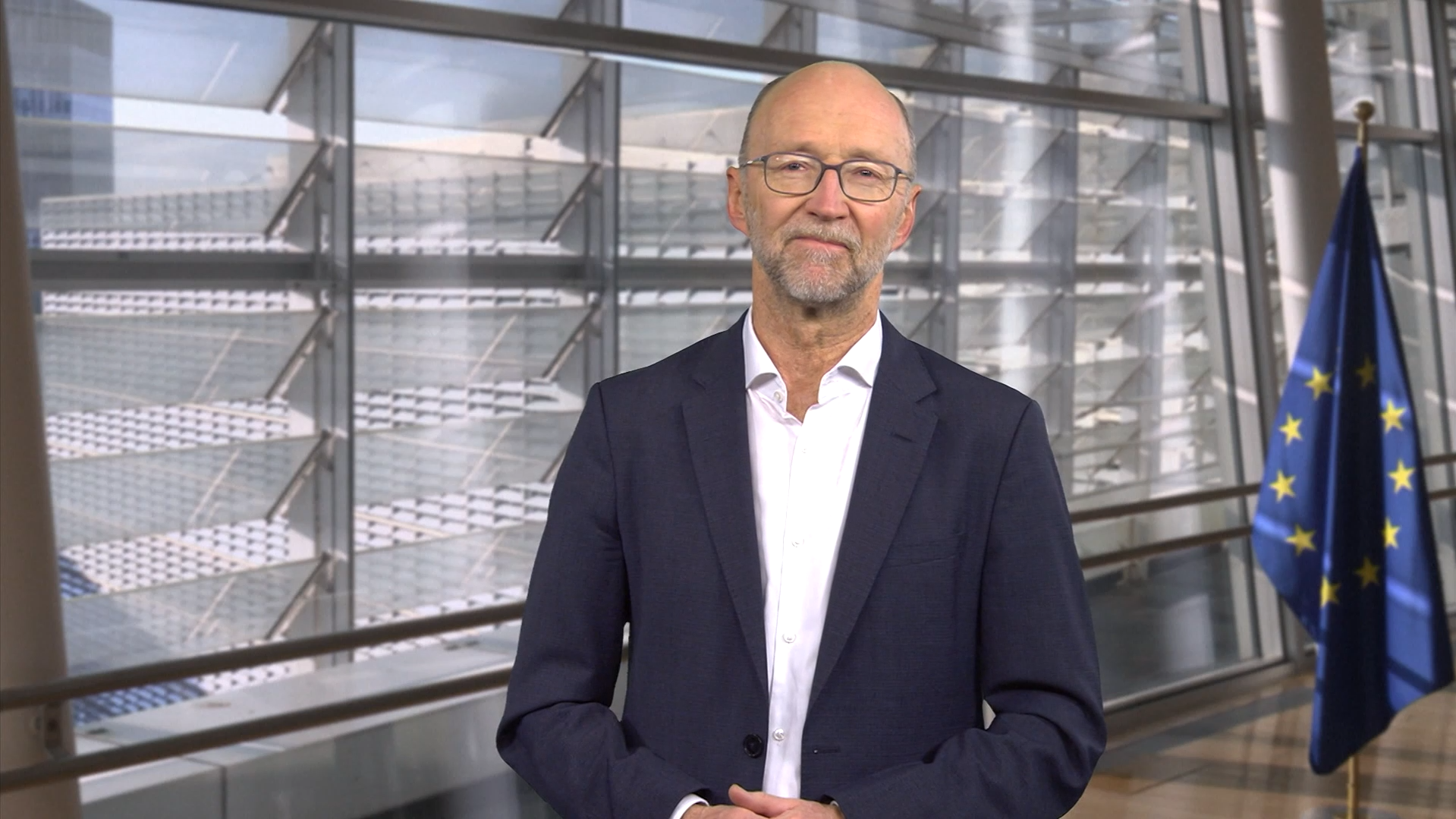Investors moving in on student accommodation
On April 15th, The Class Foundation's Student Housing Market Update attracted over 500 professionals from across the globe to dive into the IE, UK, NL, and BE markets. The virtual event was kick-started with a market overview by Andrew Smith, European PBSA investment Advice at Cushman & Wakefield, who presented his findings from The Student Accommodation Annual Report. The presentation provided regional insight into current trends, demand, supply, and investment. Andrew stated that Covid-19 has been a catalyst for investors moving into student accommodation due to attractive “existing undersupply, the ability to see real rental growth, income sustainability, and the fact that student numbers seem to be negatively correlated with economic downturn.” As a direct consequence of this, in 20/21 the sector saw significant investment demand. The limiting factor for transactions remains lack of supply in Europe, especially in regions such as The Netherlands. With this in mind, it was interesting to hear from our expert panel, who work on the ground.
Regional investment and international student numbers
The Netherlands and Belgium saw a large volume of investment deals in 2020, the majority in PBSA and coliving projects such as Greystar’s investment of €98.5M in Utrecht, NL. Interestingly, Belgium was referred to as a “black hole of data”. Herman Du Bois, Partner at Quares, shared some noteworthy insight on the Belgian PBSA sector as it's expected to grow significantly due to the universities intending to offer more English-taught degrees and extending worker rights for non-EU international students.
Andrew Smith explained that the UK was on trend by volume but saw a lower number of acquisitions. Ireland saw transaction volumes fall due to strict travel restrictions and quarantines. Although it was reported that this did not impact EU students applying to Irish universities, Andrew hinted that this could be linked to Brexit. “In terms of applications for next year, those are up 8.5%. EU applications to Ireland are up hugely – 140% – non-EU applications are up 17% and even UK applications are up 26%.” While Christopher Holloway, Growth and New Business Director at GSA, disclosed that Dublin and London have not seen “quite the return yet to to pre-covid”, but (GSA) still remains optimistic.
The need for community remains strong
Furthermore, it was highlighted that there are ongoing operational challenges as a result of the Covid-19 pandemic. Most were seen as temporary, although it was expressed that there were some positive changes which could be here to stay. Florentina Soare, part of the Investment and Valuation Team at IQ Students, stated IQ will continues to “offer short-term and long-term lets and are not looking to offer ‘term-only’ lets unless they are wanting to fill voided rooms.” This in turn, indicated no changes to their operational model but IQ has had to introduce some additional flexibility in terms of tenancy start dates to accommodation for travel restrictions and safety of students. Florentina continued, demand for short term lets has increased over the last few years but confirmed that IQ believes this trend will revert back.
Rienk OosterHof, Chief Real Estate Officer at The Student Hotel, provided interesting insight as students who had opted for individual studio flats were requesting to be moved into shared cluster flats half-way through the term. He explained, “Students wanted to feel a part of a community”. Christopher Holloway added “there was an initial thought that studios where the way forward… but the reality is everyone is going back to what they did before”. This begs the question whether there was a missed opportunity for innovation in construction.
Daniel Gorzawski, Managing Director of Harrison Street, commented on how he perceives investment yields and markets, mentioning a “widening gap” due to current hardship. He confirmed that Harrison Street prefers to invest in primary markets in university cities with a good size student population and growing enrolment. Taking this into account, it is evident that building relationships with universities is crucial to determine good investment decisions.
The biggest challenges for the PBSA sector
The Class Foundation invited attendees and their wider community to vote on what they thought were the biggest issues which needed addressing in the student accommodation sector. Affordability & Access came out on top, followed by Supply & Demand. The sector is mindful that affordability and access to student housing is a real issue, but the sector faces challenges when it comes to addressing this and it’s unclear which stakeholders are responsible. Although there are some shifts in ideology on the role the private sector plays in these initiatives, supply and demand is undoubtedly driving high rents. It will be interesting to see if universities and governments are interested in driving this agenda forward or whether student numbers and lack of accommodation will take priority.

Sector remains resilient
Overall, the European student accommodation sector appears resilient, with universities reporting sharp increases in demand and applications. This positivity was also reflected by the audience as 79% was optimistic about the next academic year.

We are therefore hopeful that university cities and student accommodation buildings will soon be fully occupied again and be as vibrant as they once were. If you were unable to attend the event but would like to view the recording, you can reach out to our team and we will share it with you. You're also welcome to join the next two market updates this year.




